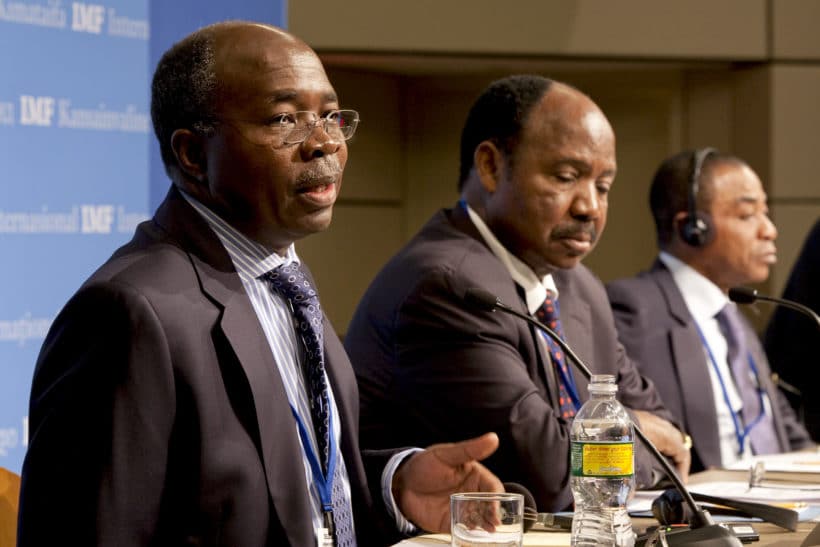
LUSAKA, Aug 27 (Reuters) – Zambia’s newly-appointed finance minister on Friday pledged to conclude talks with the IMF on a lending programme by October, as he seeks to pull the southern African country out of its protracted debt crisis.
President Hakainde Hichilema, who was elected earlier this month by a landslide, named Situmbeko Musokotwane, an experienced international economist, to a second stint as Zambia’s finance minister.
The appointment of Musokotwane, who held the same post from 2008 to 2011, was announced three days after Hichilema pledged at his swearing-in ceremony to bring public spending and the budget deficit under control.
“Unless we do something to the budget, then the budget will be mainly for paying salaries and also servicing debt,” with nothing left over to invest in developing the country, Musokotwane said in a news conference after his appointment.
Musokotwane – a former deputy central bank governor who has also held positions with the International Monetary Fund and World Bank – will face fraught negotiations with multiple creditors on the country’s $12 billion external debt.
“The answer is to talk to the people we owe money so that we can pay at a slower pace stretched over a longer period,” he said.
“He will be seen as a safe pair of hands,” Standard Chartered’s Razia Khan said in a note. “His experience in dealing with the challenges… of the global financial crisis, as well as an understanding of the conditions needed for mining investment, will be additional positives.”
COMPLICATED DEBT WOES
Zambia, Africa’s second-biggest copper producer, became Africa’s first pandemic-era sovereign default in November after failing to keep up with international debt servicing payments.
Of its foreign debt, some $3 billion is in Eurobonds, $3.5 billion is bilateral debt, $2.1 billion is owed to multilateral lending agencies such as the IMF, and $2.9 billion to commercial banks.
Complicating things further, about a quarter of the total is held by either China or Chinese entities via deals that have strict secrecy clauses. That has rendered talks for IMF debt relief particularly tough.
Read more: Zambia starts voting in presidential election seen too close to call
Zambia’s government borrowed too much during boom times last decade, and was then hit by a fall in commodity prices, triggering a recession exacerbated by the impact of the COVID-19 pandemic.
Hichilema beat incumbent Edgar Lungu in the Aug. 12 election, his sixth run for the presidency and Zambia’s third peaceful change of power to an opposition party since independence from Britain in 1964.
The country’s dollar-denominated sovereign bonds have since rallied, reflecting market optimism in a solution to its debt woes.
The bonds did not immediately react to the new appointment, but they have added around 11 cents across the curve since Hichilema’s win, with the spread of the debt over safe-haven U.S. Treasuries narrowing to 1,961 points this week, the lowest since March 2020.
(Additional reporting by Wendell Roelf in Cape Town and Karin Strohecker in London Writing by Tim Cocks Editing by John Stonestreet and Peter Graff)

